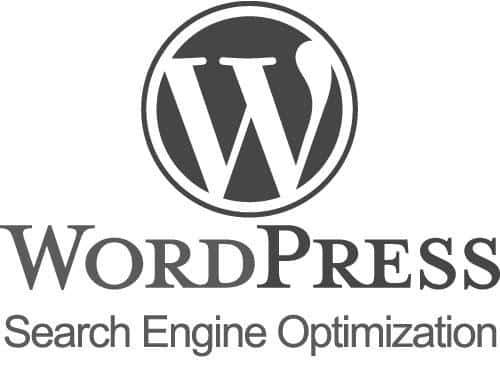WordPress is one of the most flexible and user-friendly blogging platforms out there, and it’s definitely the most prolific. But when it comes to search engine optimization (SEO), it’s far from perfect. Here are some aspects of WordPress that can be modified to maximize your chances of ranking in search engine results.
Change Your Permalinks
Permalinks are the unique identifiers that show up in your site’s URL. By default, your wordpress permalink will show as ?p=123, where 123 is the post ID. You want the permalink to show your post name, which will ideally contain a keyword that you’re targeting for rankings. By going to “Settings” -> “Permalinks” in your wordpress admin panel and changing the post to a custom structure “/%postname%/”, you make your URL structure more SEO friendly.
Optimize Your Titles and Headers
Having configured the permalinks to show the post name, it’s most important to have your desired keywords in the post title, as well as the H1 tag. Ensure that the keyword you’re targeting is in the post title. Most wordpress themes are configured so that the post name is in the H1 header tag.
To ensure that the post name and your keyword shows up on the page title, use a plugin like All-In-One SEO to automatically insert the post-name into the title, or even better, to customize the title for each post. Because the title will show up in the search engine results page, it’s a great opportunity not only to optimize for a keyword, but to draw in potential visitors.

Optimize Your Internal Linking
Search engines like Google look at your site’s internal linking structure as part of its algorithm. They also look at the anchor text of each link to help determine the subject of the linked page. Internal linking is a powerful way of boosting search relevance without needing to solicit outside links. A great way to optimize internal linking is to use a plugin like SEO Smart Link. You simply enter in the keywords you want to optimize for, and the plugin will automatically perform internal linking to optimize the internal link structure of your blog.
Speed Up Webpage Load Times
Although WordPress is a great blogging CMS, it does have its disadvantages. One of the disadvantages is that it uses a relatively high level of server resources in order to dynamically generate and serve up pages. You can check 3W WebServices to find a faster webhost. Look for web hosts that have good reviews with regards to speed and perhaps most importantly – consistent server uptime. You can also use a caching plugin like W3 total cache or Super cache to speed up load times.
Get Rid Of Duplicate Content
With its default settings, wordpress has a tendency to create duplicate content. As a blogging content management system, it shows your posts in a number of areas – the homepage, category pages, date archives, tag archives, and even author archives. Without proper configuration, this means you can end up with duplicate content in over 6 different locations! As you may know, Google’s algorithm penalizes sites with too much duplicate content.
The first step is to ensure that your posts are displaying as excerpts. Secondly, you’ll want to no-index the majority of your archive pages. If you have the All-In-One SEO plugin installed, you can easily do this by checking off the “no-index” checkbox, which will automatically insert a meta tag telling Google’s spiders to look elsewhere. By no-indexing most of your archive pages, you eliminate a good chunk of duplicate content that could potentially cause you grief with Google.
No Index Non-Content Pages
As part of a website, you’ll have to create numerous administrative pages that – while necessary for the site – appear low value to Google’s spiders. If your site has too many of these low value pages in Google’s index, it can increase your chances of being penalized by Google’s Panda filter. Pages like your contact page or privacy policy shouldn’t be appearing in Google’s index. Like with repetitive archive pages, use the All-In-One SEO plugin to no-index your thin non-content pages.
